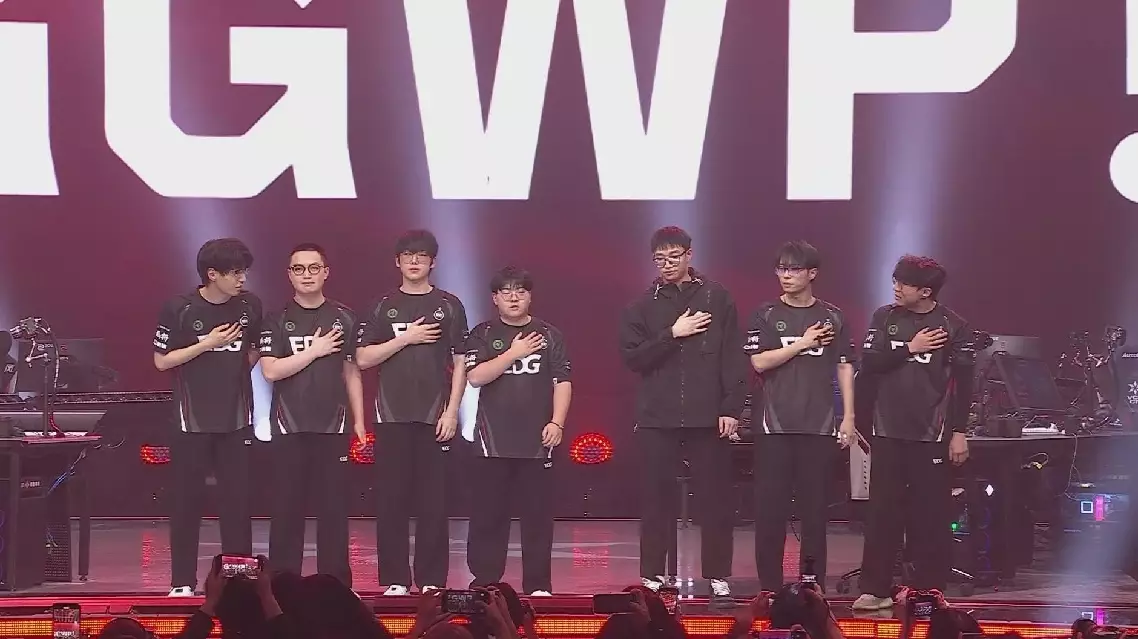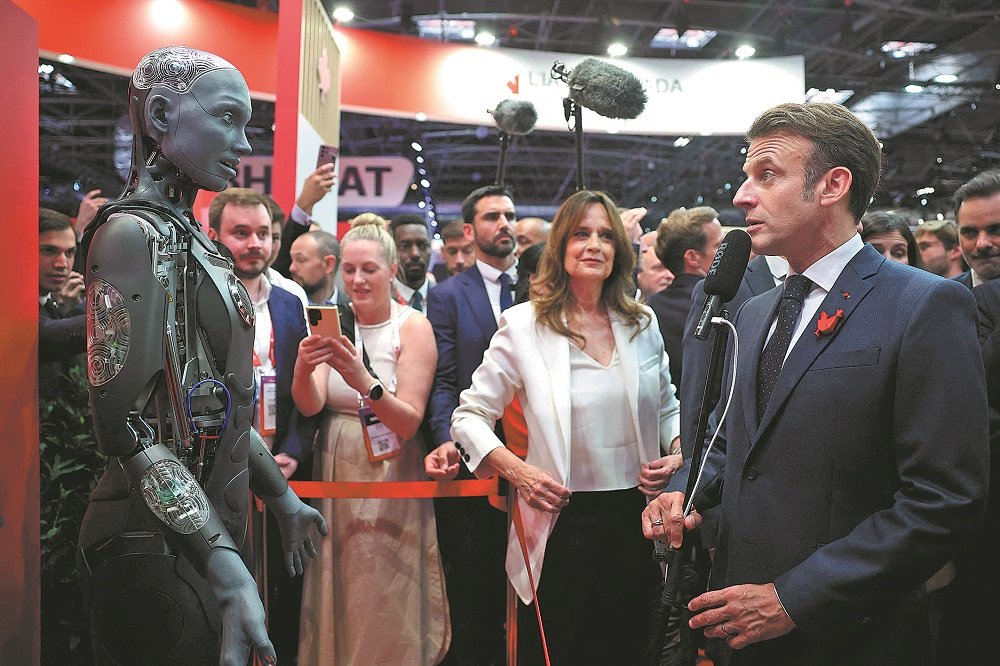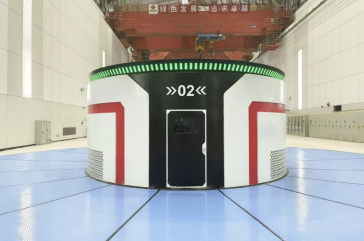China’s Ministry of Education (MOE) announced a plan on Wednesday to approve the establishment of 10 new undergraduate higher education institutions in different parts of the country, including the Great Bay University, which sits in the center of the Guangdong-Hong Kong-Macao Greater Bay Area.
The Great Bay University (GBU) will be located in Dongguan City, a globally known manufacturing and tech center bordering Shenzhen and next to Hong Kong. It plans to enroll undergraduates from applicants with this year’s national college entrance examination (Gaokao) results.
With its base and resources in the Greater Bay Area, GBU aims to serve the whole of China and extend its influence globally. It will focus primarily on science and engineering subjects, striving to become a new type of research university that meets international standards, embraces openness and inclusiveness, and features distinctive regional characteristics.
GBU will be a public institution of higher learning sponsored by the People’s Government of Guangdong Province, with substantial support from the Dongguan Municipal People’s Government. Its establishment is a major strategic initiative under the Outline Development Plan for the Guangdong-Hong Kong-Macao Greater Bay Area, according to MOE.
As planned, GBU has two campuses in Dongguan, south China’s Guangdong, namely Songshan Lake Campus, covering 256 mu (17.7 hectares) and Binhaiwan Bay Campus, with 2,100 mu (140 hectares).
China to set up Great Bay University: Ministry of Education
Professional esports gamers are benefiting from new and innovative revenue streams in the industry, including in-game collaborations that help fans connect with their favorite top-ranking players.
Esports teams traditionally make their income from prize money, brand deals, and sponsorships, similar to traditional sports. As the industry develops, teams and game developers are learning that they can work together to capitalize on fandom.
Speaking with China Global Television (CGTN), the manager of one of the world’s premier esports clubs, Edward Gaming (EDG), highlighted the success of their collaboration with competitive shooter game Valorant.
The game launched an event that allowed players to purchase special-edition weapon skins, including EDG skins. When fans buy content to show support for their favorite team or player, the latter receives a share of the profit.
“This is one of the better models we’ve seen so far. It connects esports fans and players,” said Ji Xing, general manager of competition and training at EDG.
Other industry insiders agreed that the model holds excellent potential to help esports players monetize their skills.
“Revenue from in-game items is growing fast — way more than prize money,” said Jin Yibo, CEO of TJ Sports, an esports operation joint venture company backed by Chinese internet giant Tencent.
Another important income source for esports clubs is live streaming, as fans send virtual gifts to their favorite players.
In an interview with CGTN, world champion gamer Zheng Yongkang, a professional Valorant player for EDG, said streaming is expected for all club members, with each player streaming at least 40 hours a month. It has become a revenue source for both the players and the club.
Emerging business models help professional esports players profit










